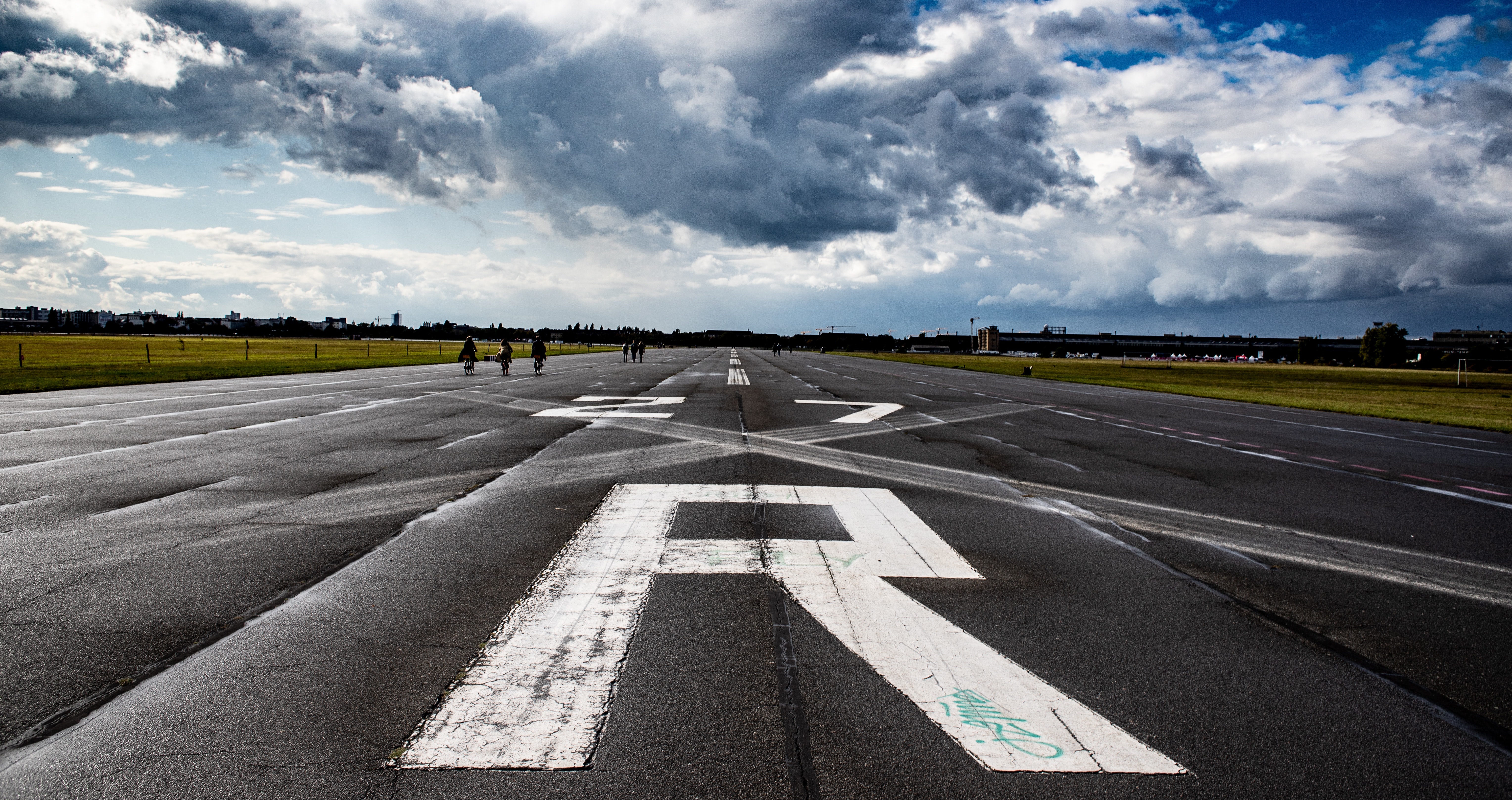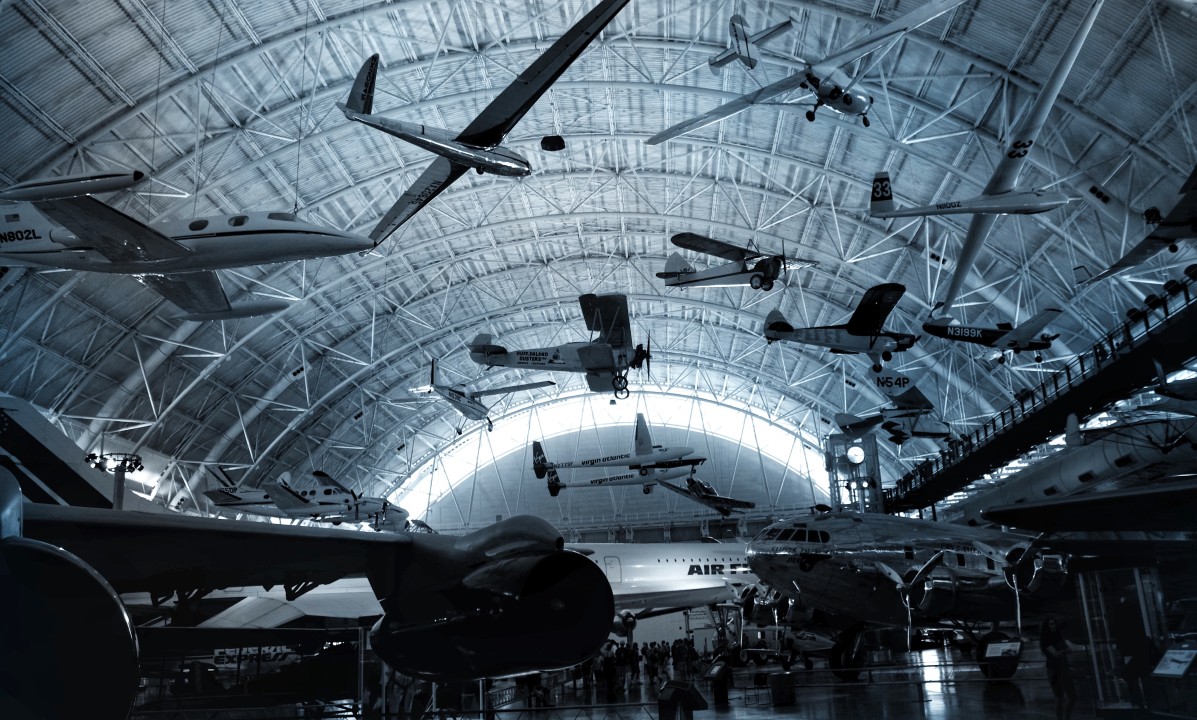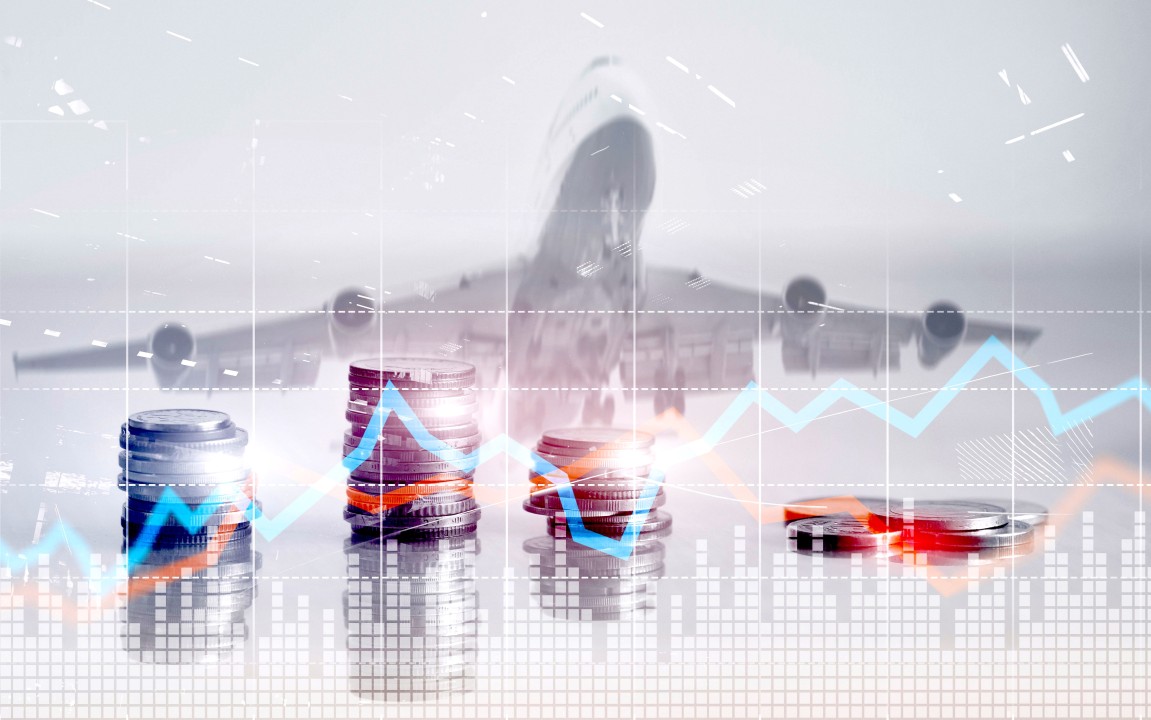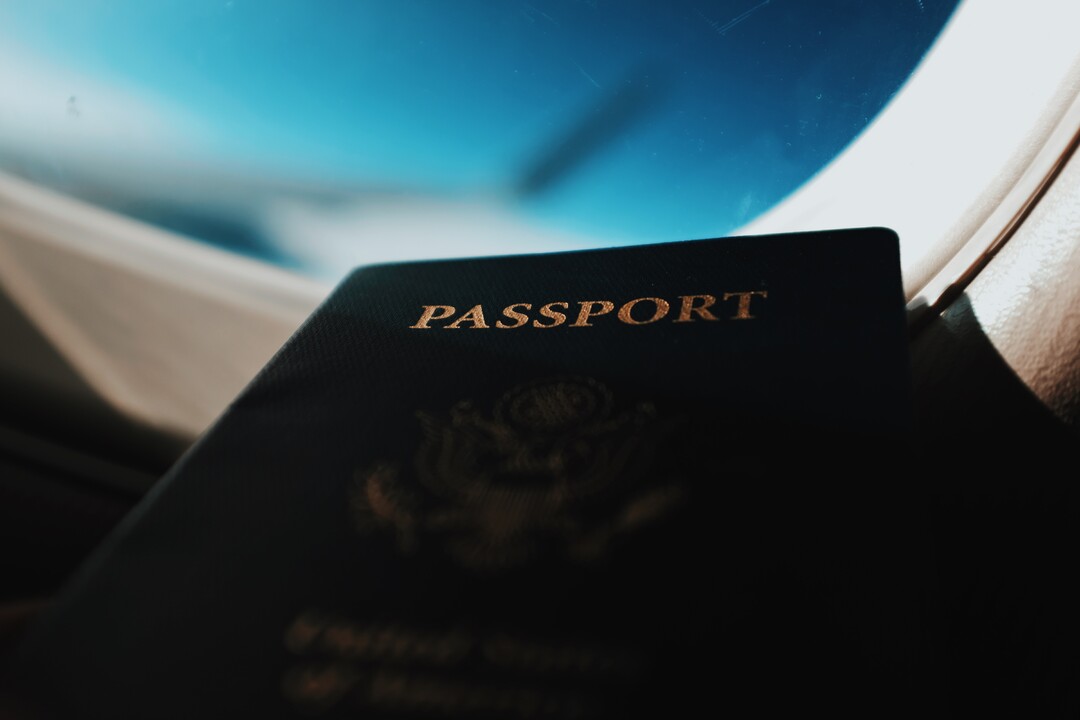Inflation: Less Consumers’ Purchasing Power, Fewer Profits for Aviation Businesses?

While we have written a couple times on inflation and the economic uncertainties ahead, we believe that it is important to always highlight the adverse effect of inflation and the coming economic challenges. It is a fact that inflation reduces the purchasing power of those who were unable to offset inflation with higher wages or income. This means that aviation businesses might have problems maintaining or growing revenue during periods of high inflation. This problem is further exacerbated by recessionary conditions.
In this article we want to share some thoughts on how inflation affects the wealth of individuals. In other words inflation causes everyone to be poorer. If individuals are poorer, then this does not bode well for aviation businesses.
For more readings on inflation and economic challenges and the aviation industry, see our previous articles: ‘3 Ways Aviation Businesses Are Coping With Inflation’, ‘The Aviation Industry and Economic Uncertainties’, ‘Inflation: Higher costs and their effects on Flight Schools’, ‘High Interest Rates/Cost of Borrowing and Their Effects on Aviation Businesses’,’Debt: Its effects on the Aviation Industry’, ‘Economic Crisis and the Aviation Industry’, ‘Inflation and Aviation’, ‘How The Aviation Industry Needs To Look At Inflation’, ‘The Aviation Industry Must Not Mistake A Recession’.
____________________________
The Consumer Price Index (CPI) in the US was 9.1 percent in June. Taking into account that the government lies about inflation, it is better to consider Shadow Government Statistics’ CPI (based on the 1980s CPI methodology), which was (as of July 13) about 17 percent.
The government claims that this high CPI is due to Russia’s invasion of Ukraine (you could argue that, one of the reasons is the sanctions on Russia’s economy, which don’t do much to harm to the Russian government and hurts ordinary people both inside and outside Russia). But this is just an excuse for the government to not admit the blame. It is clear the war has an influence on the CPI, as it eliminates the supply of various goods and services, which ends up increasing prices. However, the CPI has been going up since February 2021.
The 2020 and 2021 lockdowns (and the followed supply shocks) were also a big factor, but the real reason prices are going up is the inflation (monetary expansion) created by the US government both in 2020 and 2021.
Yes, supply shocks cause increases in SOME prices in the economy, but not a general increase in the prices of goods and services. If there is a supply shock of certain goods (making their prices higher), but the money supply does not change, there will be a new equilibrium of supply and demand for the various goods and services in the economy (since the money supply is the same and individuals will have to change the allocation of their budget, so the prices of the goods that will have a lower demand will decrease).
Once the supply shock of these goods ended, their supply would increase, and their prices would decrease (changing the equilibrium of supply and demand once again). Only an increase in money in circulation can make ALL (or almost all) prices in the economy rise simultaneously, as the value of money decreases and more units of currency are needed to pay for goods and services.
Inflation (the expansion of the money supply) and the consequent increase in prices is a disguised tax. The US government increased its spending and its budget deficit. So, it issued more debt securities, which were mostly purchased by the Federal Reserve (Fed) through an increase in the monetary base (M0). Then, the government spent the newly created money, increasing the amount of money in circulation in the economy (M1 and M2), which tends to make prices higher.
Note that the government increased its spending without raising taxes in the same proportion. The cost of the increase in government spending was paid by the population (nothing from the government is free; not even for the poor, who suffer the most from taxes, as their incomes are lower) not by taxes, but by the increase in prices that occurred due to inflation.
Also bear in mind that government borrowing, by itself, is not inflationary. If debt securities are all absorbed by the market (by investors and financial institutions) no new money is created by the central bank.
However, even in this case the economy is damaged because when the government goes into debt it appropriates resources that could be used for productive investments (which could increase the productivity of the economy and make prices lower). In addition, government indebtedness also implies interest costs. To pay the interest (which tends to increase as debt grows), governments often raise taxes and/or borrow even more. The interest cost represents more resources that are expropriated from the economy by the government.
Price increases hurt everyone, especially the poor and the lower middle class (who have fewer resources). Due to rising prices, individuals will inevitably have to make budget cuts, buying fewer goods and services. The standard of living goes down. At best, individuals do not make budget cuts, but save less than before.
The poor and the lower middle class are also more heavily affected because, due to rising prices, wealthy people and the upper middle class (who have enough income to afford to not make budget cuts) end up saving and investing less (of course, they barely feel this change themselves, but it is a great cut in the savings and investments in the economy). If there is less investment in the economy, productivity does not increase (or even decreases) and prices tend to increase in the medium and long run.
But even the wealthy people and the upper middle class can be heavily affected by rising prices caused by inflation. Imagine, for example, a retail company. If prices rise, individuals (notably the poor and the lower middle class, which are the majority) will stop buying certain products (after all, their income is not high enough for them to have the luxury to afford not to do it).
Therefore, even with rising prices, the company’s profit decreases (or the company ends up incurring loss), also considering that, due to inflation, the costs of producers and the retail company increase. This is what happened a few months ago with Target, which registered lower profits. The owners of large retail companies and companies that produce the goods happen to register lower profits (or even incur losses), and investors and financial institutions that buy the stocks of these companies also lose (since the stocks are worth less and the companies tend to pay less dividends or even suspend it).
Therefore, everyone is worse off due to government-generated inflation. But it is the poor and the lower middle class who take most of the bullets.
Governments always claim to help the poor and the lower middle class. But these are precisely the ones who bear most of the cost of governments (taxes, indebtedness, regulations, and inflation). After all, the upper middle class and the wealthy can turn to lawyers, accountants, and tax consulting agencies to allocate their assets in order to pay less in taxes (all legally).
And it’s a good thing they do so (if not, there would be even less investment in the economy and prices would be even higher). They may also buy a lot of gold, invest in assets priced in currencies that are less inflated, or resort to any other form of wealth protection.
Therefore, the poorest are the ones who actually pay for the government. It is precisely because of governments that the poor and the lower middle class, in most cases, don’t get richer. It is the government that perpetuate poverty, precisely to justify their existence by pretending to help the poorer. After all, if there were no monetary inflation created by governments, prices would tend to decrease as the productivity of the economy rose and the standard of living would rise.
_________________
This article was originally published in the Mises Wire on August 15, 2022, with the title “Inflation Makes People Poorer (And It’s the Government’s Fault)”. The opinions expressed are the authors, and do not constitute an endorsement by or necessarily represent the views of On Aviation™ or its affiliates.
_____________________
Author:
André Marques is Brazilian (Recife-PE) and he holds a graduate degree in Political Science and International Relations at Universidade Nova de Lisboa and a master’s degree in International Economics at Universidade de Lisboa. He also writes articles and analysis about economics and the precious metals market for Elementum Portugal.
________________________
Thank you for reading this week’s On Aviation™ full article. Do you believe that the wealth of individuals can affect aviation businesses? Please share your thoughts in the comments below and remember to continue the conversation on our Twitter and Instagram.





